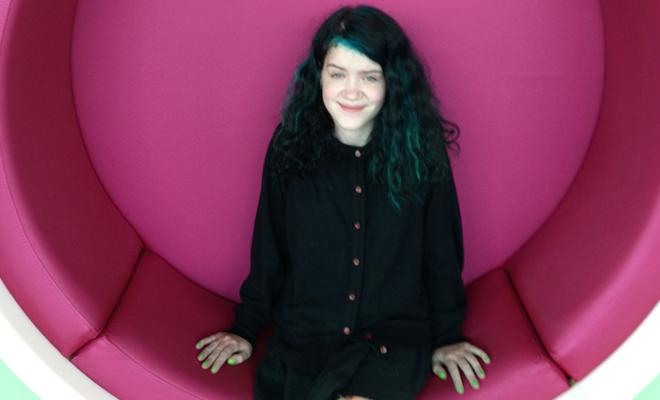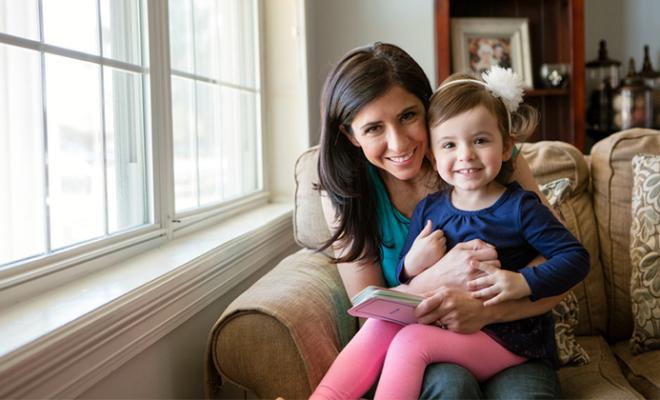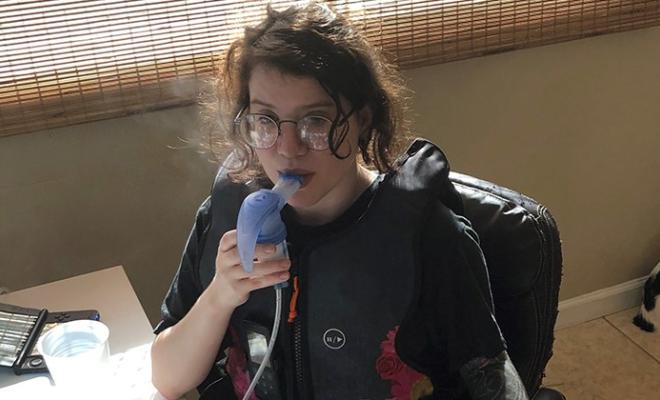I never had a traditional nuclear family. My parents divorced shortly after I was born, and I was primarily raised by my mother and stepfather. By 13, my mother and stepfather split up, and my mother became my sole caretaker. Lucky for me, my mother was, and is, an incredibly hardworking woman, resulting in a great amount of financial security. Unfortunately, this security was not possible without sacrifice. My mother's commitment to making sure I had what I needed materially did not allow for much emotional bonding. Although we lived under the same roof, we led separate lives.
My mother battled being a single parent while I battled chronic illness. I coped with this challenging mother-daughter dynamic by stuffing a wedge between my illness and me. I ignored my doctors, treated my medicinal regimen as optional, engaged in substance misuse, and by the time I was 17, I had lost nearly 30 pounds and my lung function plummeted to 40 percent. With my mother unable to attend most doctor appointments, I used her absence to my advantage by lying to her and telling her that I was doing great.
In truth, I was suffering emotionally and my health was paying the ultimate price. When I visited my pediatric CF care team, no one asked if I had emotional support. They assumed that, as a child with a chronic illness, I must have had a pair of doting parents. I can't blame them. There is an obvious stereotype surrounding parents of children with CF. These parents are seen as loving, supportive, concerned, and involved. They donate to the CF Foundation regularly, attend every care center appointment, orchestrate charity events, and devote their entire lives to their child's cause. Too ashamed to admit that my mother was unable to be that type of parent due to our circumstances, I became jaded and refused to take an interest in my health.
It wasn't until I transitioned into adulthood that I felt safe enough to open up about the hardships surrounding my home life. At my adult CF care center, I was introduced to a psychologist who works with CF patients, which I had never experienced before. My therapy sessions with her provided me with the necessary tools to cope with my circumstances and helped me realize that, even though my relationship with my mother does not mirror the “perfect” image, it is no less valid or full of love.
When I stopped expecting my mother to be like other parents, I was finally able to appreciate how her love, as unconventional as it is, actually benefited me in all the right ways. She helped me gain independence at an early age, making my transition into adulthood incredibly easy in some ways. I discovered that -- regardless of my home life -- I am responsible for my health.
No one can do my breathing treatments for me; no one can attend my care center appointments for me; no one can endure my hospital stays for me; and no one can commit to my livelihood in the same capacity that I have to. For this type of discipline, I only have my hardworking mother to thank.
I am my sole caretaker. I pay my health insurance, attend all care center appointments, schedule hospital stays, abide by my medical regimen, and manage my health to the best of my ability. I think my biggest accomplishment is my newfound ability to be open about my illness, allowing myself to receive emotional support from non-family members. I now share all the nitty-gritty details with my best friends, sometimes actually laughing at the more comical parts of my illness. I also have a supportive boyfriend whom I share every part of my life with -- from doing my breathing treatments in front of him to sharing the not-so-sexy details about my bowel movements. Funny, right?
My mother and I continue to have a complicated yet profound and loving relationship. Recently, she surprised me with tickets to see a critically acclaimed play. We got dressed up, drove an hour away, and sat in the orchestra awaiting a phenomenal event. At intermission, we looked at each other, laughed, and simultaneously groaned, “I'm bored.” This seemingly insignificant moment made me realize that my relationship with my mother will never be perfect and conventional. We will never be the people who have the attention span to drop our lives for a specific cause, or the people who sacrifice the importance of independence, or the people who attend every nearby charity event (especially if they fall on the same day as our psychiatry appointments). My mother and I choose to live differently, because if our life together were perfect, we both might groan of boredom.
Join the conversation on Facebook.






